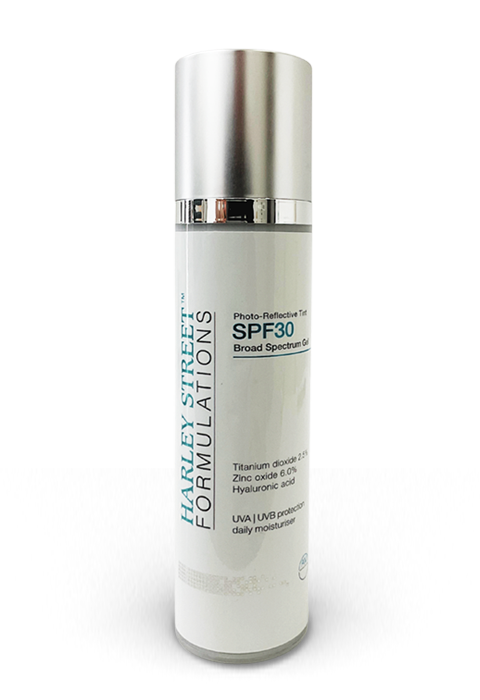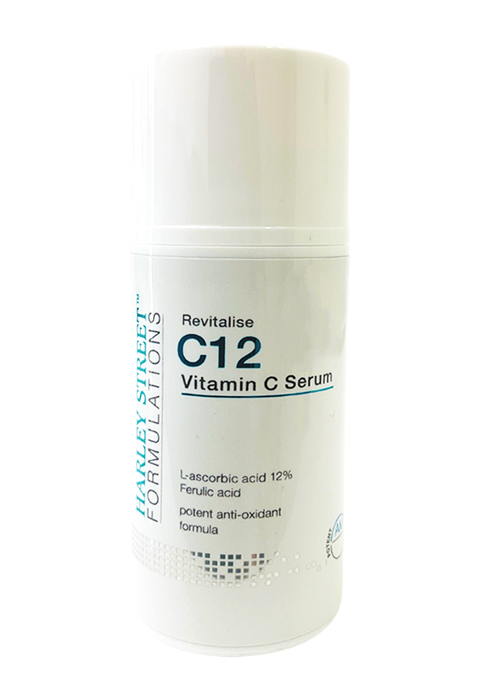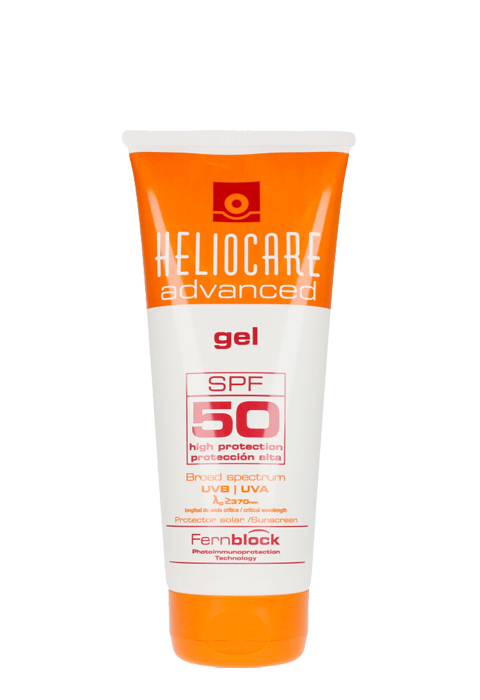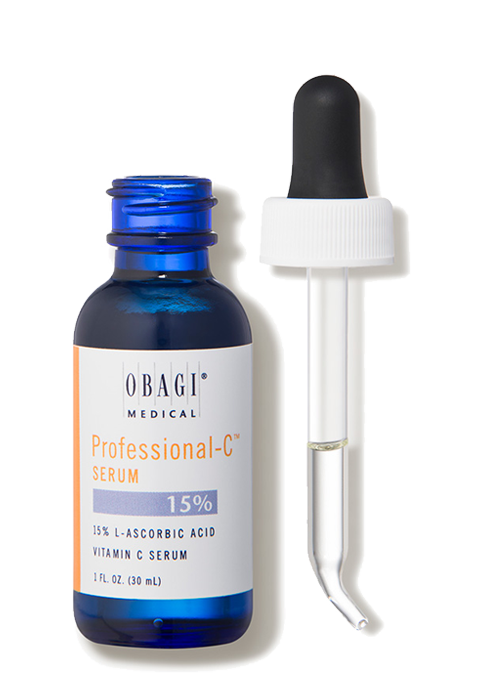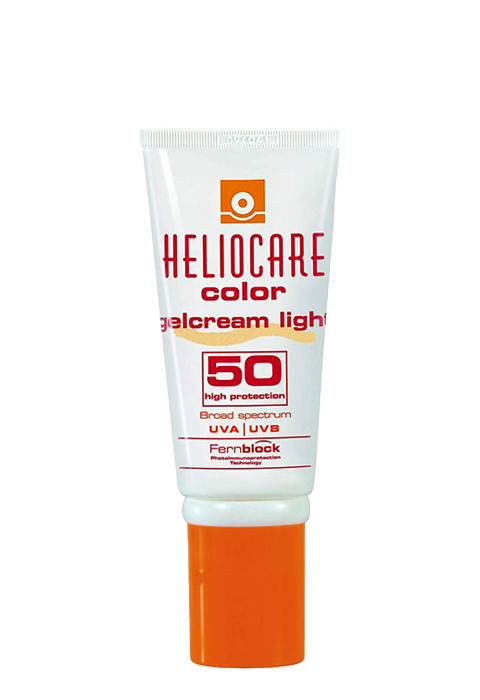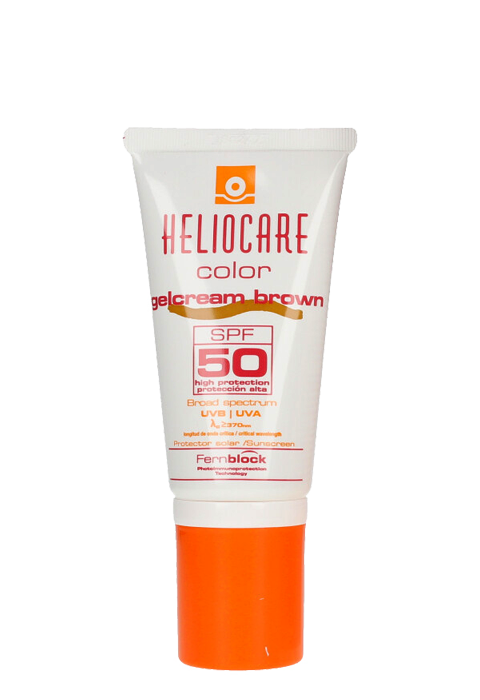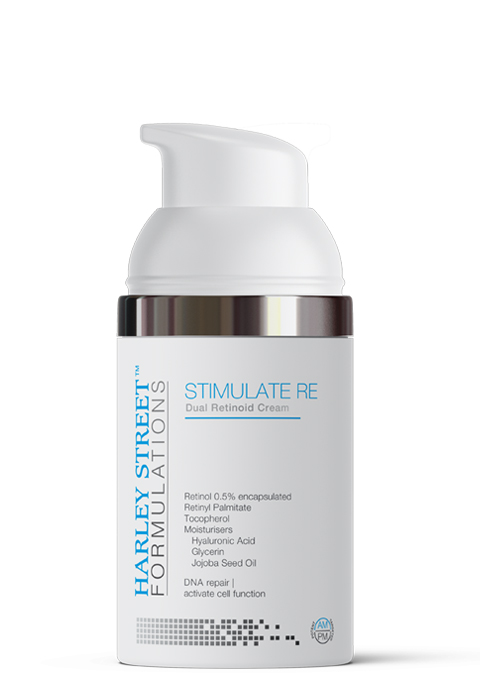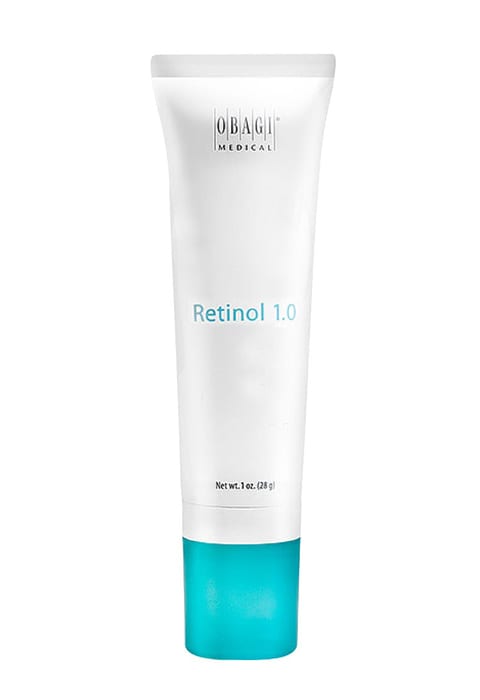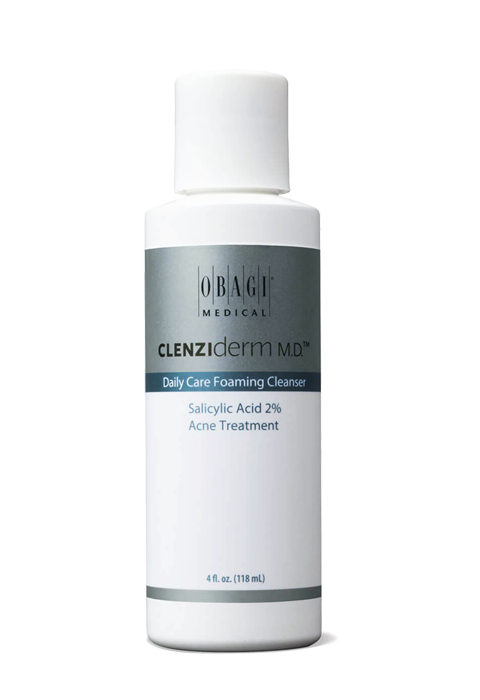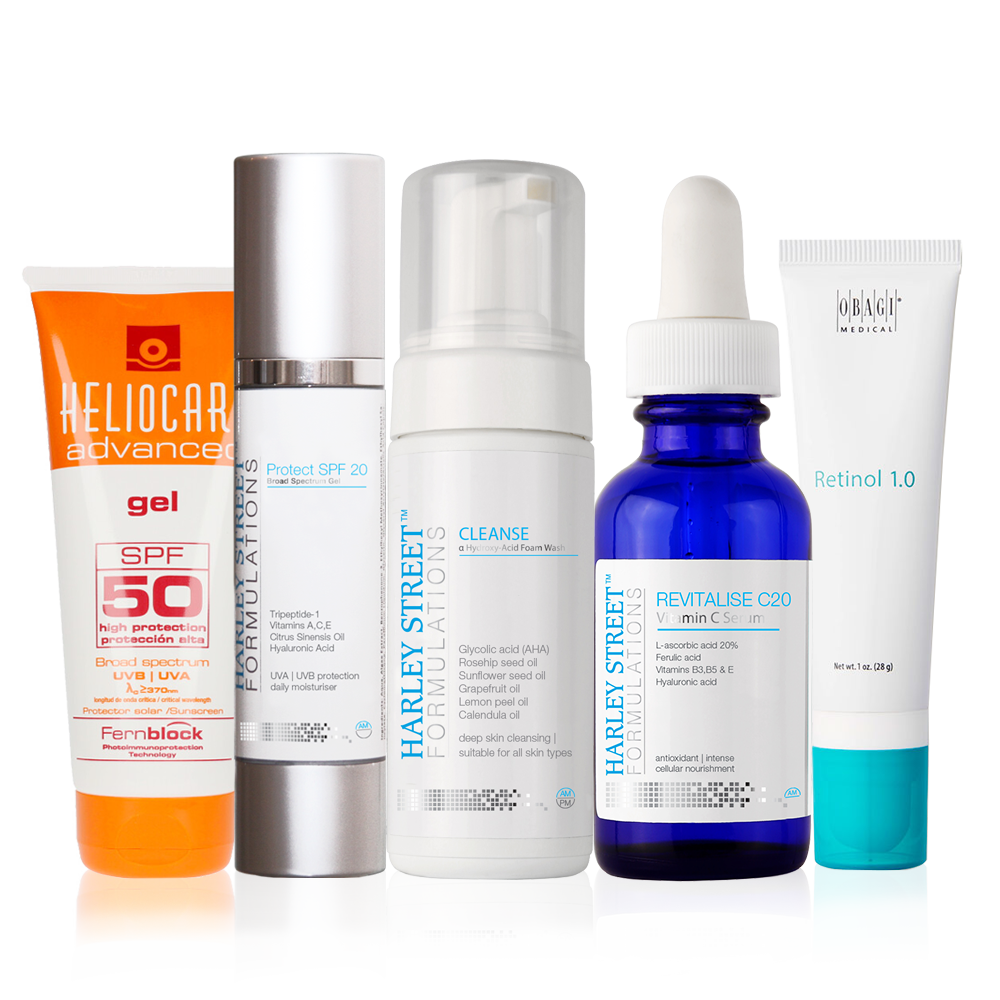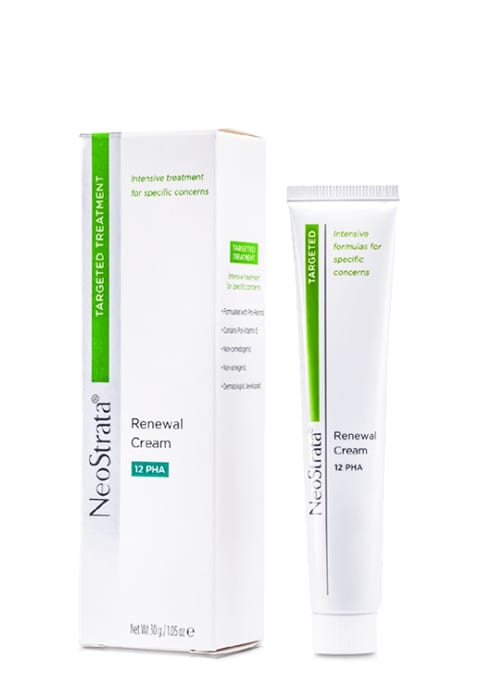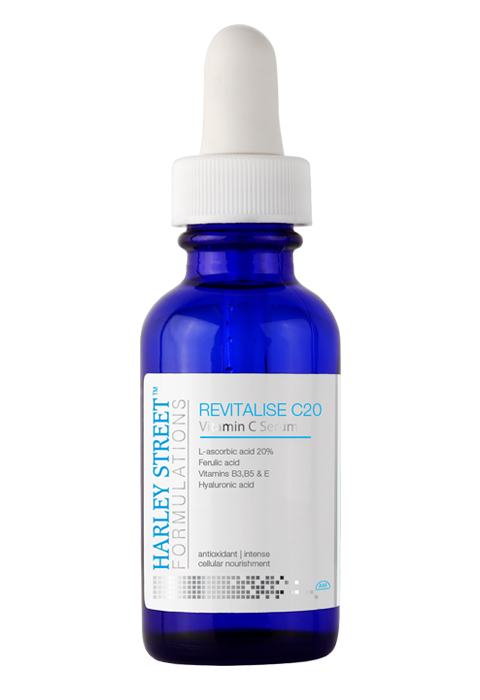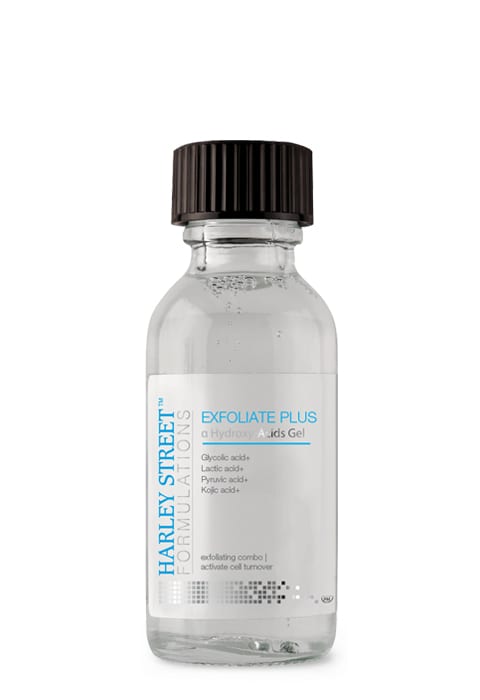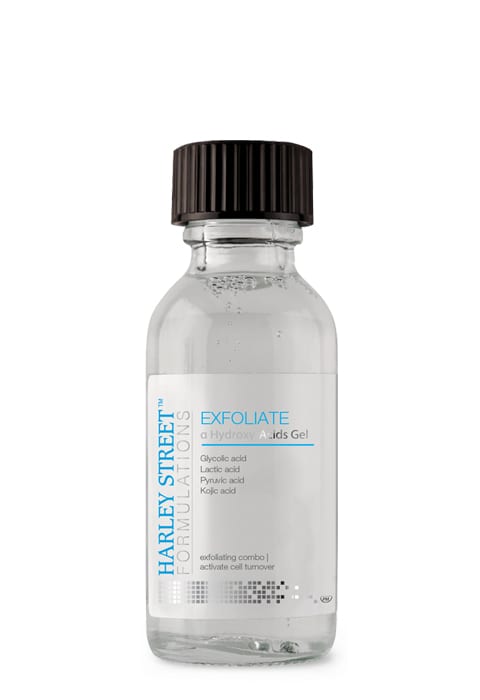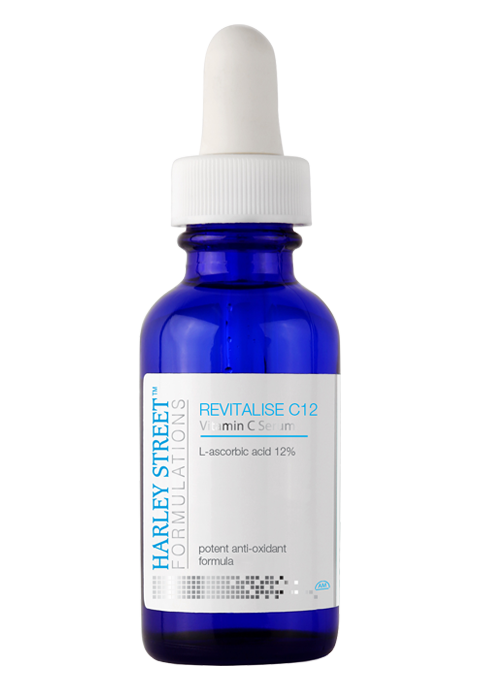What is Skin Barrier Function
Skin barrier function is a very important concept in skincare. It is defined as the ability of your skin to avoid any kind of damage from the external environment. It is the strength of your skin barrier that decides how much your skin can bear.
Like the acid mantle layer, which is a physical and chemical barrier that keeps out microorganisms and irritants, the barrier function serves as a crucial protective function for the skin. Skin with a weak barrier becomes sensitive and experiences both dehydration and irritation more often.
Let’s try to understand skin barrier function and its importance.
Why Is Skin Barrier Function Like “A Brick Wall”?
Our skin has many layers. The stratum corneum is the outermost layer and it serves as a barrier for the skin underneath, which is more sensitive and delicate. Stratum corneum is just like a brick wall of a unit that protects it from external harms. This analogy was coined by Dr. Peter M. Elias of the University of California, San Francisco, who is an expert on skin barrier and epidermal biology.
A wall consists of two things – bricks and the mortar that is between them. Let’s see how it is analogous with a person’s skin.
- Stratum corneum is made up of corneocytes, the dead skin cells that we are supposed to shed off. These cells are like bricks in a brick wall
- The mortar between the bricks in a wall is analogous with the intracellular matrix that holds the cells together. As this is mainly composed of lipids, it is lipids that are the most important component
Now, as we know, mortar is very important to maintain the integrity of a wall and it is the same with the stratum corneum. These lipids in the intracellular matrix are very important in maintaining the integrity of the stratum corneum, which makes the skin barrier.
A healthy skin barrier is normally impermeable on both sides, i.e. it doesn’t let water evaporate or let bacteria and other harmful agents enter. So it saves the skin from any kind of damage.
Why Are Lipids So Important In Skin Barrier Function?
As described earlier, lipids play the same role in skin as the mortar plays in a wall – they hold the cells together. These lipids in the skin barrier are responsible for its strength, firmness, softness and its ability to maintain skin hydration. This is commonly referred to as the lipid barrier.
The lipid barrier minimises water loss from the skin, keeping it young, fresh and healthy. Here are a few functions of the lipid barrier:
- It traps water molecules and prevents the passage of water out of the stratum corneum, which is called transepidermal water loss (TEWL)
- It prevents natural moisturising factorsfrom leaching out
- It prevents environmental chemicals and biological irritants from entering the skin
From as early as the mid 20s onwards, the lipids, hyaluronic acid and water content in your skin decreases significantly. Increased thickness of the stratum corneum leads to less water diffusing to the upper layers of it making the skin appear skin dry and dehydrated.
How Does Skin Barrier Get Damaged?
There are various environmental factors and personal habits that can lead to a damaged barrier leading to a more sensitive skin type. Majority of people with sensitive skin are not born with it nor do they have it as a child and teenager. It are the factors they encounter later in life which damage the skin barrier’s function leading to skin irritability & sensitivity.
There are many factors that can damage a skin barrier. Here are a few of the elements that are frequently involved:
- Harsh products like solvents, detergents and irritating chemicals can damage the barrier. Even the excessive use of perfumes can weaken it
- Excessive cleansing with water and soap can strip the lipids and the natural moisturising factors in the stratum corneum, as well as decrease the skin cells’ cohesion
- Cleansing with hot water or exposure to steam or high heat can also strip lipids from the skin, making the barrier’s function weak
What Does A Damaged Skin Barrier Look Like?
So, how do you know if you have a damaged skin barrier? The answer is simple – your skin speaks about its condition. A dry, flaky, itchy, irritated or sensitive skin signifies a damaged or weakened barrier function. If your skin reacts or becomes allergic to things quickly and frequently, this too is a sign of a damaged skin barrier.
When the lipids in the mortar of your skin cells are damaged or depleted by harsh products, handling or environmental conditions, the skin loses water, gets dried out and becomes more permeable to irritants and allergens. Once irritants, allergens, or even the normal ingredients that make up creams and lotions penetrate the epidermis, they can trigger inflammation and, hence, lead to irritated, dry and flaky skin. This is commonly self-misdiagnosed as acquired sensitive skin.
What Are the Different Barrier Repair Agents And How Do They Work?
Lipids are the most important ingredient for repairing the damaged barrier. It is necessary to replace the lipids in damaged or depleted skin to restore the barrier. Therefore, barrier repair agents provide skin with the necessary lipids.
There are two major ways in which the damage repair agents work:
- Most of the barrier repair agents are typically rich in lipids, which are similar to the intercellular lipids found in skin. Plant oils are popular sources because they are a good source of fatty acid lipids and replenish the lost lipids. [1]
- The barrier repair ingredients may also work by providing a temporary film over the skin. A damaged barrier allows water to escape more readily because it is more ‘porous’. A way to minimise this water loss is to create a protective layer over your skin. In skincare, this is achieved by the use of occlusive ingredients, like oils, which create a thin coating over the skin to reduce the evaporation of water. Petrolatum or silicone-based ointments are other examples. [2]
Almost all moisturisers, except for some oil-free products, contain barrier repair ingredients, especially those for dry skin and sensitive skin.
Keep in mind that the use of over-the-counter moisturisers (both expensive and cheap ones) can cause sensitive skin due to their nature of increasing the skin pH, which leads to disturbances in the acid mantle and skin barrier. Also, all of the “glue-like” material in moisturisers can increase the thickness of dead skin cells, a phenomenon called hyperkeratosis. So choose your moisturiser carefully.
How Can You Repair A Damaged Barrier Function?
Once you have understood that your skin barrier function is damaged, you need to work on this to repair it. This is the first step to achieving a healthy skin.
When a barrier is damaged, the main issue is the absence of the proper amount of lipids between cells. These are very important, being the mortar for the skin cells. The absence of these lipids disrupts the barrier and causes problems.
Here are the steps that you should follow to repair your skin barrier damage:
- First, find out what is irritating your skin and discontinue using it.There are many products that can cause irritation, even some moisturisers can disrupt the pH, as described above. So look into your skincare products carefully and discontinue using the ones that might be causing the irritation. [3]
- Secondly, start applying lighter skincare products in order to hydrate. Baby product formulations are often preferred for this purpose as they are mild and free of harmful chemicals. Some medicated ones that are moisturisers specially formulated for damaged skin are also a good choice. In the meantime, your skin cycle will be completed, so fresh new layers with a protective barrier will come to the top. [4]
- Once this barrier is repaired, the next step is to maintain it.
Let’s have a look at how you can maintain a strong skin barrier once you have achieved it.
How To Maintain A Strong Skin Barrier
Once your skin barrier function is back to normal, you need to start a good skincare regime with products that contain targeted ingredients. This means products that only contain necessary ingredients and not useless, extra chemicals that cause only harm. For example, you don’t need to nourish the skin with vitamins and oils that don’t impact your skin positively when applied topically. So help the skin with targeted ingredients that have proven benefits.
Here are a few points that you need to follow in order to maintain your precious skin barrier function:
- Avoid potential irritants & allergens
- Avoid harsh cleansers
- Don’t exfoliate too often, especially with abrasive exfoliants (scrubs, facials, microdermabrasion etc). In fact avoid them and learn about chemexfoliation using AHAs (glycolic, lactic acids etc) that also improve barrier function.
- Avoid environmental conditions that can cause sensitivity (such as high heat, dry air, bitter cold and strong wind)
- Repair the lipid barrier with barrier repair ingredients that replace the lost lipids
- Protect lipids from lipid peroxidation by using sunscreen regularly and an antioxidant serum in the daytime. Of note, damaged skin barrier will react to most sunscreens so avoid if this is the case and use physical protection.
- Avoid using too many products. Each product sold over the counter has more than 30 ingredients on average. Each ingredient is a chemical.
References:
1. https://www.ncbi.nlm.nih.gov/pubmed/12482041
2. https://www.ncbi.nlm.nih.gov/pmc/articles/PMC3140899
3. https://www.ncbi.nlm.nih.gov/pmc/articles/PMC4171909
4. https://www.ncbi.nlm.nih.gov/pubmed/18306855













